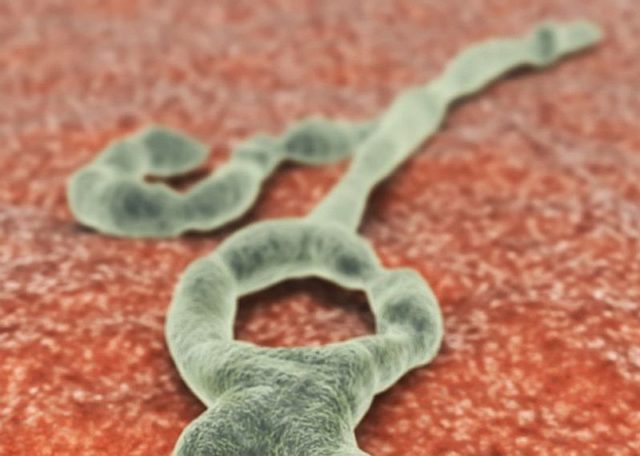MI weekly selection #344
MI weekly selection #344

Altered Ebola virus induces immune response in monkeys
Researchers found that exposure to a slightly altered Ebola virus induced an immune response in monkeys that protected them from the parent virus. The goal is to produce a drug that knocks out the VP35 protein in the Ebola virus, although researchers cautioned that it may not have the same effect in humans as in animals.
Assessing the 29% decline of birds in N. America
A widespread loss of birds across North America has been detailed in a recent study. Researchers say nearly 3 billion individual birds, representing 29% of those in North America, have vanished since 1970.
Enceladus may be causing snow on neighboring moons
Enceladus may be spewing water into Saturn’s orbit so that it showers neighboring moons with snow, causing them to shine. Researchers observed the brightness of Saturn’s inner moons when they examined radar observations of Mimas, Enceladus and Tethys made by the Cassini spacecraft.
Sour-taste proton channel found in mice
The otopetrin-1 proton channel is responsible for making mice sense sour tastes. “When something is acidic, it has a high concentration of protons, so it makes sense that a molecule like that could serve as a sensor for pH,” said Emily Liman, an author of the findings published in Current Biology.
DNA analysis helps create speculative image of Denisovan
Researchers extracted DNA from the finger bone of a Denisovan fossil and used the results to recreate the skeleton and create a portrait of what one of the early hominins might have looked like. “We just reconstruct the face of the human group, not of a specific individual,” said Liran Carmel, author of a study on the process published in Cell.